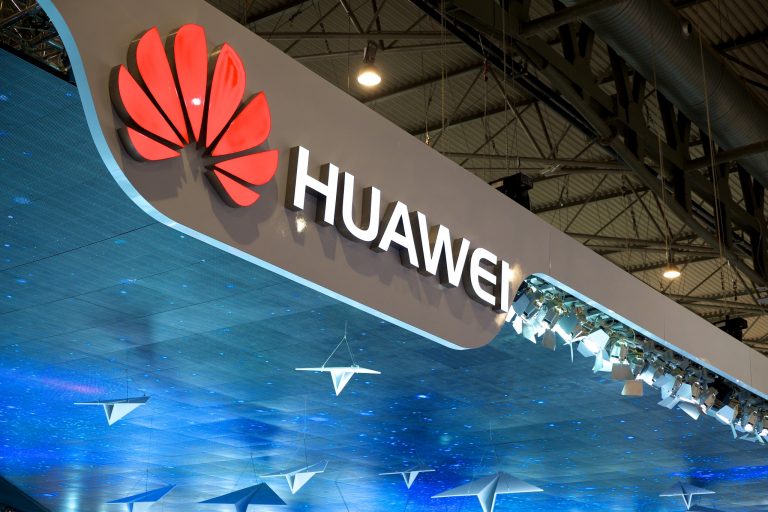 POLICY
POLICY
 POLICY
POLICY
 POLICY
POLICY
The U.S. Commerce Department today announced new rules aimed at further limiting Huawei Technologies Co. Ltd.’s ability to obtain semiconductors made with U.S. technology.
The rules are the latest in a series of trade restrictions that the Trump administration has placed on Huawei since the start of 2019. Last May, the Commerce Department disallowed U.S. companies from exporting products to the Chinese telecommunications giant unless they receive a license to do so. More recently, officials announced plans to impose similar restrictions on overseas semiconductor makers, limiting their ability to sell chips made with U.S. technology to Huawei.
The new rules announced today expand the measures. The Commerce Department has refined the wording of the trade restrictions to cover chip transactions in which Huawei acts as the “purchaser, intermediate consignee, ultimate consignee, or end user.” Moreover, the revised text specifies that the restrictions apply to all cases where U.S. technology is the basis for a chip made overseas that “will be incorporated into, or will be used in the “production” or “development” of any “part,” “component,” or “equipment” produced, purchased, or ordered by any Huawei entity,” the Commerce Department said in a statement.
Huawei and 114 of its affiliates were placed on an Entity List by the department last May. As part of today’s measures, the department is adding 38 more Huawei affiliates in 21 countries to the list.
“As we have restricted its access to U.S. technology, Huawei and its affiliates have worked through third parties to harness U.S. technology in a manner that undermines U.S. national security and foreign policy interests,” Commerce Secretary Wilbur Ross said in a statement. “This multi-pronged action demonstrates our continuing commitment to impede Huawei’s ability to do so.”
The previous round of restrictions, which aims to limit overseas semiconductor makers’ ability to sell chips to Huawei, will be fully implemented on Sep. 14. Huawei will next month reportedly have to stop making the high-end Kirin processors that power its flagship smartphones.
Huawei’s smartphone business will also be affected by the recent expiration of a Commerce Department permit that allowed U.S. software firms to share security patches and updates with the telecommunications giant. That permit is what enabled Google LLC, for instance, to share Android enhancements with Huawei, which uses Android in its mobile devices.
Support our mission to keep content open and free by engaging with theCUBE community. Join theCUBE’s Alumni Trust Network, where technology leaders connect, share intelligence and create opportunities.
Founded by tech visionaries John Furrier and Dave Vellante, SiliconANGLE Media has built a dynamic ecosystem of industry-leading digital media brands that reach 15+ million elite tech professionals. Our new proprietary theCUBE AI Video Cloud is breaking ground in audience interaction, leveraging theCUBEai.com neural network to help technology companies make data-driven decisions and stay at the forefront of industry conversations.